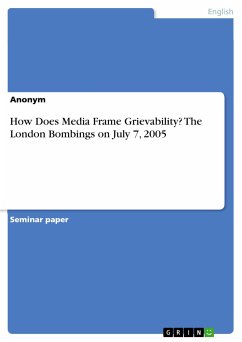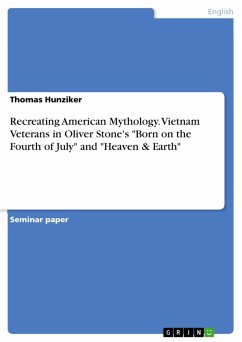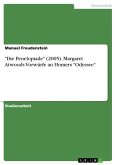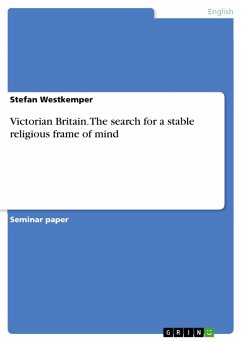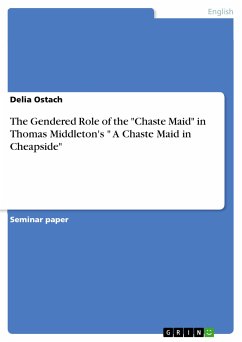Seminar paper from the year 2018 in the subject English Language and Literature Studies - Other, grade: 1,0, University of Innsbruck, language: English, abstract: Based on the understanding of media as a powerful institution that substantially affects our notion of happenings around us, this paper looks into the highly significant impacts of media on the human thinking and behavior in regard to whom and how we mourn. In particular, the aim of this paper is to demonstrate the constructed differentiation between "grievable" and "ungrievable" lives in mass media coverage following the terrorist attacks on July 7, 2005, in London. Media has undeniably taken a highly important role in today's rapidly changing and globally networked world. It allows for a fast exchange of information, worldwide interconnection as well as a deeper human connection. However, regardless of the beneficial functions media fulfills, it is also important to consider the significant impact media has on shaping public opinions as well as the perception of reality. Especially news media has an immense influence on the construction of widely spread concepts and ideas, as they reach a large audience and are (mostly) considered a reliable source of information. Therefore, it seems all the more important to critically reflect upon the medially conveyed thoughts and images, and the associated implications on society. Drawing on Judith Butler's works Precarious Life and Frames of War, the notion of grievability and the culturally determined framing of humanness are discussed at first. Thus, this paper depicts the global divide between lives that are considered "human" and, therefore, grievable, and those that do not conform to what is regarded as "human" within a society and accordingly count as "ungrievable". Subsequently, this paper analyzes the specific ways in which newspapers contribute to the construction of "grievable" and "ungrievable" life by looking at how the media report disastrous events such as the suicide bombings in London on July 7, 2005. Drawing on the proposed analytical framework by Tal Morse, this paper systematically examines the precise ways in which the media representation of the London bombings had a significant influence on the construction of 'grievable' and 'non-grievable' lives and the act of public mourning. However, due to limited space, this paper focuses only on UK newspapers that have national coverage and investigates reports of the London bombings in selected media, which are considered representative for the extensive reporting of this terror attack.
Dieser Download kann aus rechtlichen Gründen nur mit Rechnungsadresse in A, B, BG, CY, CZ, D, DK, EW, E, FIN, F, GR, HR, H, IRL, I, LT, L, LR, M, NL, PL, P, R, S, SLO, SK ausgeliefert werden.

